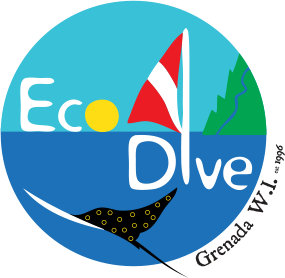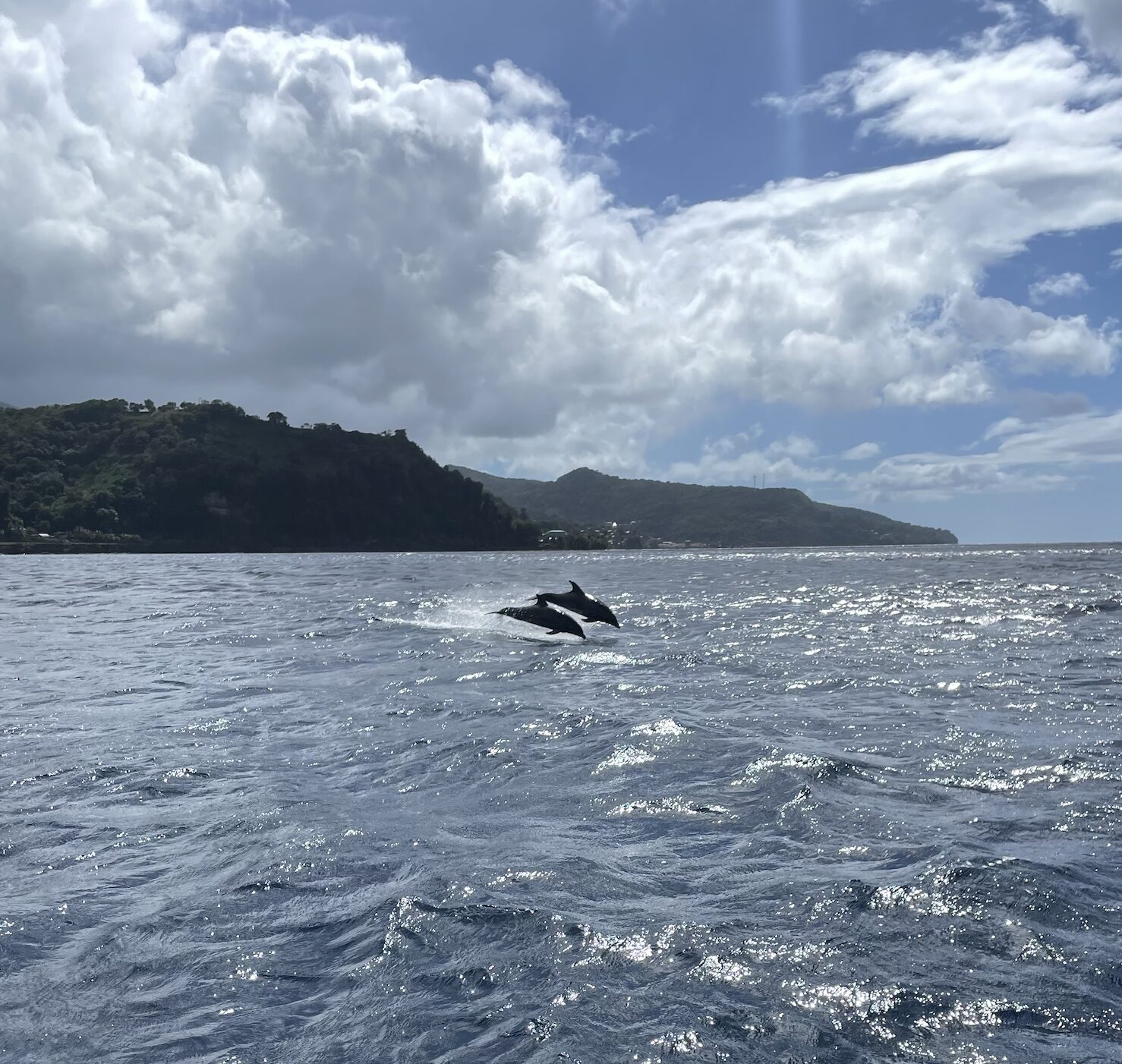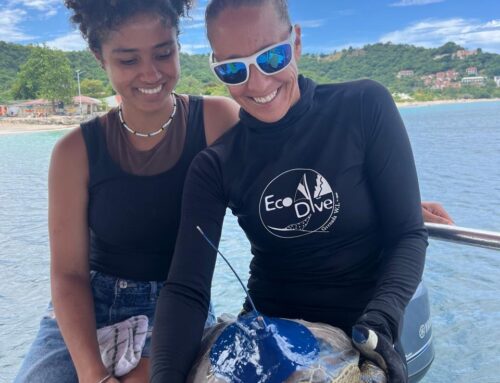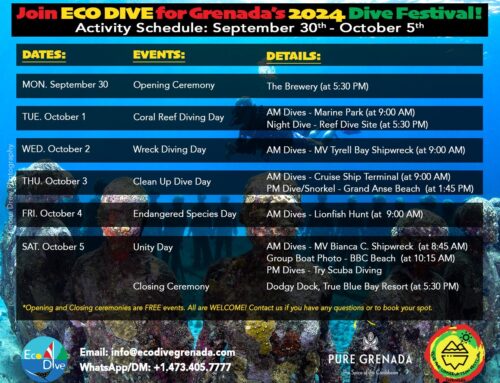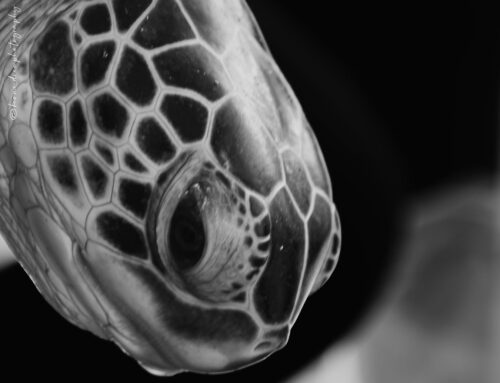Recently on a Private Charter we were beyond excited to have been visited by what turns out to be not just two different species of dolphins but a species of Kogia (either Dwarf or Pygmy Sperm Whales 🐳 !!!) & some gorgeous dolphins 😎. This has sent us excitedly down a learning curve to learn more about Kogia and celebrate Grenada’s stunning biodiversity. We wanted to share the good news with our extended Eco-family and include some interesting links and resources for those who want to learn more. Thank you for our friends at the Caribbean Cetacean Society CCS (via our friends at Ocean Spirits) for confirming our (admittedly not amazing 😆 ) ID from the video clips here. Getting the data on sightings compiled and recorded is critical for learning more about our biodiversity, local/transient populations and behaviours of our shy ocean friends and playful ocean friends alike.
Kogia spp. (video to the left):
- Pygmy and Dwarf Sperm Whales are typically, but rarely, seen floating at the surface with just the top if the head to dorsal fin showing. They are very difficult to spot and sightings of both species tend to be brief. Most often seen in very calm conditions when they are resting at the surface between dives, a behaviour known as ‘logging’
- They are a cryptic group of small toothed whales. They rise to the surface slowly with an inconspicuous blow (yes they breathe air!) and sing vertically out of sight. They may roll forward but most often do not show flukes.
- Range: deep tropical to warn temperate waters worldwide
- Relatively small sizes for whales, but larger than dolphins, Pygmy Sperm Whales have a calf (baby) size of ~ 1 m and max adult size of 3.5 m whereas Dwarf Sperm Whales are a little smaller still with a calf size of ~0.9 m and a max adult size of 2.7 m recorded.
- Threats to these whales includes bycatch, disease, entanglement in fishing gear, marine debris (ingested), ocean noise pollution and vessel strikes.
- Please respect all marine life, give them space, do not chase or touch, have questions reach out to CCS or us and we’ll be happy to direct!
Good luck to all our fellow ocean friends in spotting your marine mammals and we wish you many “dorsal fins!!!” sightings to come
Resources:
Caribbean Cetacean Society CCS https://www.ccs-ngo.com
Handbook of Whales, Dolphins, and Porpoises of the World by Mark Carwardine
NOAA https://www.fisheries.noaa.gov/species/pygmy-sperm-whale & https://www.fisheries.noaa.gov/species/dwarf-sperm-whale
